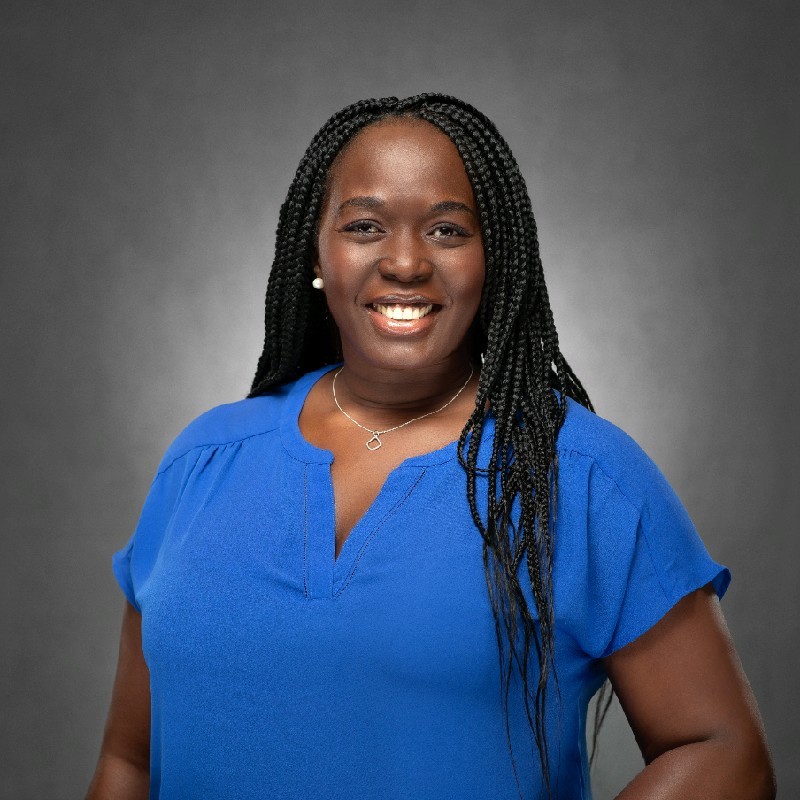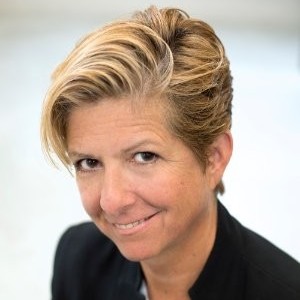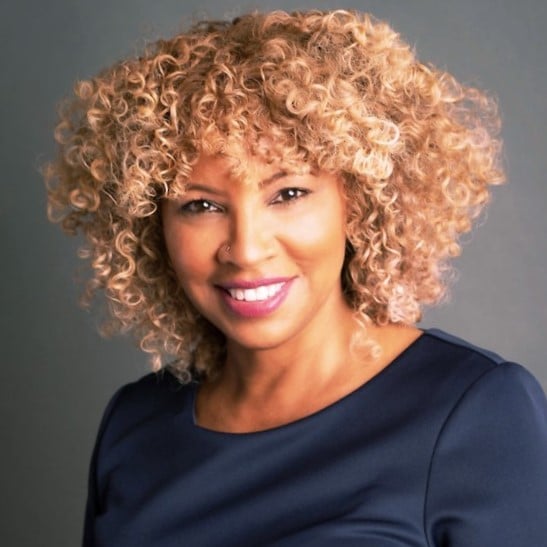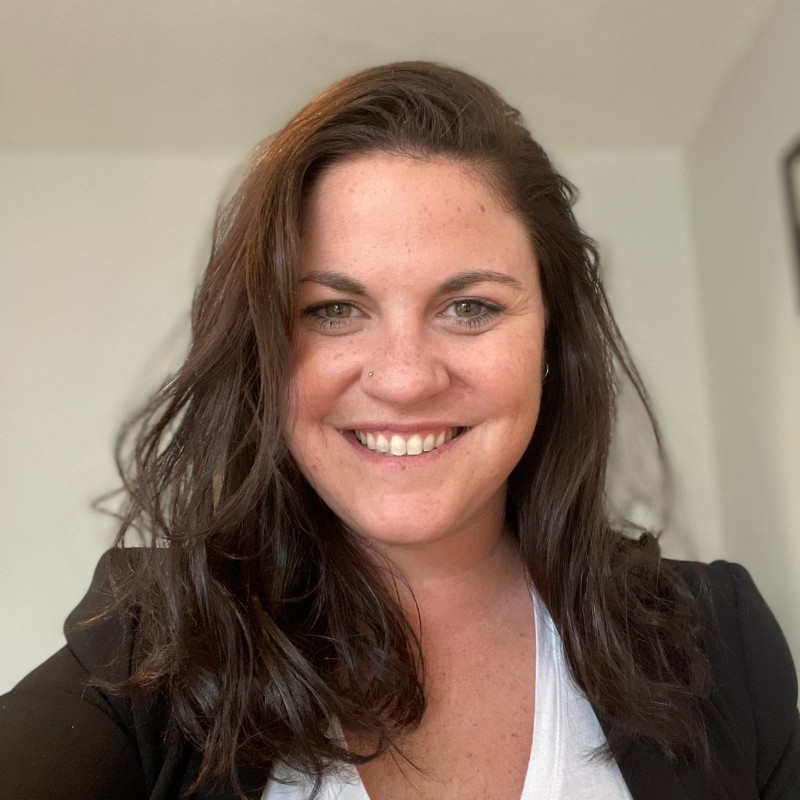Brunel partners with Elanco to host Diversity in Life Sciences discussion
life sciences

life sciences
This past month Brunel and Elanco - a world leading pharmaceutical company that specializes in developing animal health solutions - partnered together to co-host a panel discussion on diversity and inclusion initiatives in the industry called Moving the Needle on Diversity in Life Sciences. The event, conceived as a time for honest discussion on the importance of and challenges to diversity and inclusion initiatives, was a great success. More than 100 attendees from across the globe attended the virtual event to learn how they can “move the needle” and create positive change in their own daily lives as well as their organizations and workplaces.
The moderator of the discussion was Brunel’s own Angelina Brathwaite, a Senior Client Partner in Life Sciences from Toronto. Angelina also serves as the Global Leader for Brunel’s Diversity, Inclusion and Belonging committee. Angelina said of hosting the event, “diversity is incredibly important as it fosters innovation and removes barriers against stagnation, suppression and parallel thoughts. Diversity, inclusion and belonging must coexist to create a culture where employees feel they are empowered, authentic and are supported equally."
Expertise from Around the Globe
The panelists for the discussion were 3 leaders helping to create a more inclusive pharmaceutical industry around the world.

Chief Purpose Officer and Founder of ClarkHouse Human Capital. Based in South Africa.
Connect with Roy

Strategy Director for Trial and Medical Operations at Novartis. Based in the United Kingdom.
Connect with Wande

Founding Member and Executive Member at Women Leaders in Pharma. Based in Canada.
Connect with Milva
On the Importance of Diversity
To open the event, each panelist gave a brief overview of why diversity and inclusion are so important to them personally and why they felt it was important for them to be a part of this conversation. Wande Osuntokun stressed the importance of helping to create “the world you want to see” with regards to being in diverse, inclusive spaces where everyone can feel comfortable doing their jobs.
Roy Clark said of corporate diversity initiatives “these are no longer topics that can just be side stories for corporate strategies. They are leadership concepts that modern organizations need to grasp and to embrace fully to ensure the sustainability of the corporate culture as a whole.” Additionally, Clark spoke on some of the common barriers to an inclusive workplace that he strives to break down: fear, outdated company cultures, a lack of self-awareness, and lack of strategic intent/action.
Finally, Milva D’Aronco stressed the potentially life and death consequences of the pharmaceutical industry failing to take into account who medicine and medical devices are made for and what impacts that might have.
Insights for Real Change
The Moving the Needle discussion centered on 3 main topics that Brunel, Elanco and the panelists agree are crucial for all organizations to consider when trying to create a more inclusive work environment.
Managing a Multigenerational workforce
The workforce is more age-diverse than it has ever been, and that can create some challenges but also creates a lot of opportunities. Wande Osuntokun spoke on how companies should have self-aware conversations of the ways that having a multigenerational team impacts their work while emphasizing the positives that come from it such as creativity, innovation, and employee satisfaction/retention.

Moving the Needle Hosts and Panelists during the discussion
The Impact of Unconscious Bias
As each of the panelists highlighted during the discussion, everyone has some form of unconscious bias. However, Milva D’Aronco pointed out a strategy for each of us to call out our own unconscious biases and then turn them into a more inclusive workplace. D’Aronco said, “Take notice of when you catch yourself having a bias, but ask yourself how that difference can become an asset in your work environment, relationship, etc. A bias is something you have inside, but what you do with it is what has impact. It can become inclusion if you choose to work on it and express it in a proper way or exclusion if you act on your bias.”
Supporting Gender Identity and Expression in the Workplace
In the last couple of years there has been a new level of mainstream attention placed on the topic of gender identity and expression. As Milva pointed out, not everyone is on the same level of understanding when it comes to the topic of gender and it’s important to give people at all levels of the organization the grace to “make mistakes, be vulnerable and voice things that are not ‘proper’” as we try to build understanding.
Roy Clark added that “Diversity is more than just a conversation. It’s a relationship. It’s raw, it’s real, there are good times, there are bad times. People are going to get emotional and that’s okay.” He continued, “it’s not a destination as in ‘we’re compliant, we’ve ticked the box, we’ve done it!’ It’s ongoing.”
Moving the Life Sciences Industry Forward
Diversity initiatives are important in all industries, but to close the event the discussion focused on DEI’s potential to impact the Life Sciences industry.
Milva D’Aronco noted the startling statistic that “74% of the people who need pain medication are women, but 79% of pain medicine studies are done only on men.” She went on to say “as an industry we need to deal with the way we research and test because it has an effect on our health.”
Wande Osuntokun noted that “We need to be making medicines for ALL who need them. That’s what clinical trial diversity is about. Do clinical trial studies look like society? The answer right now is no.”
Brunel would like to thank our partners at Elanco for helping us to put on this event and to thank each of the panelists for their time and their contributions to this very difficult, very important discussion. If you would like to stay up to date and attend future Brunel events live, please follow our LinkedIn page.
Diversity, Inclusion and Belonging are of the utmost importance to us at Brunel as part of our "Passion for People" core value. We are constantly shaping our own DIB strategies to create a more diverse and connected team. If you would like more information on Brunel's Diversity, Inclusion, and Belonging initiatives or help creating strategies for your own team please reach out to Angelina Brathwaite or Melissa Rice.

Senior Client Partner - Life Sciences

Internal Training & Recruitment Manager, Americas